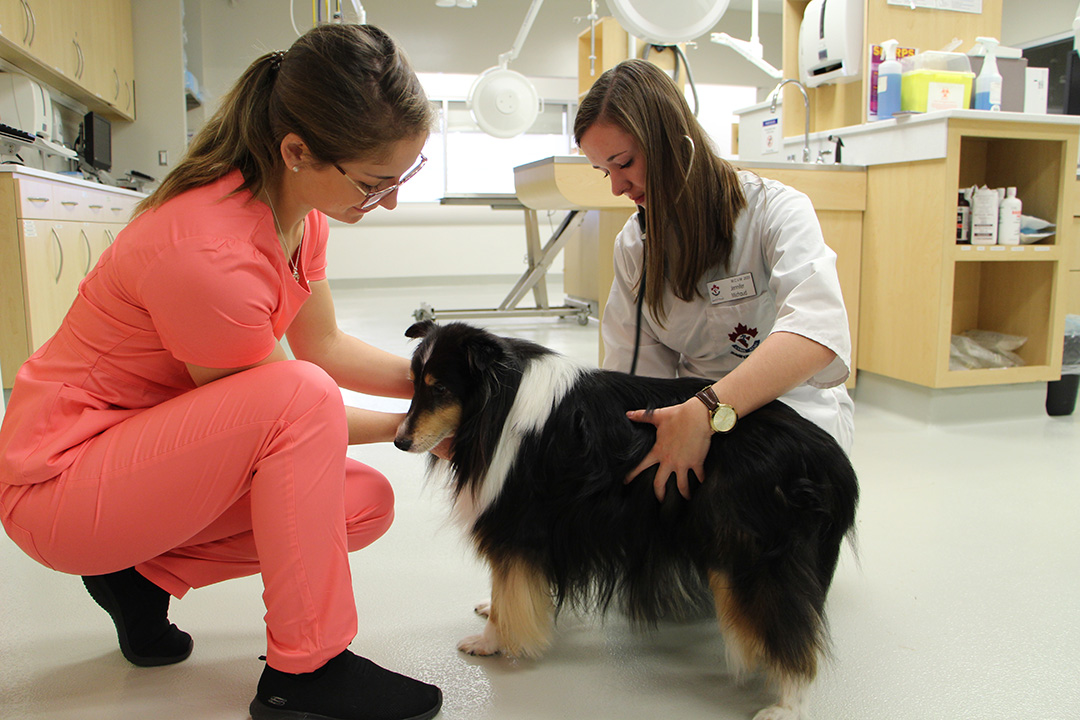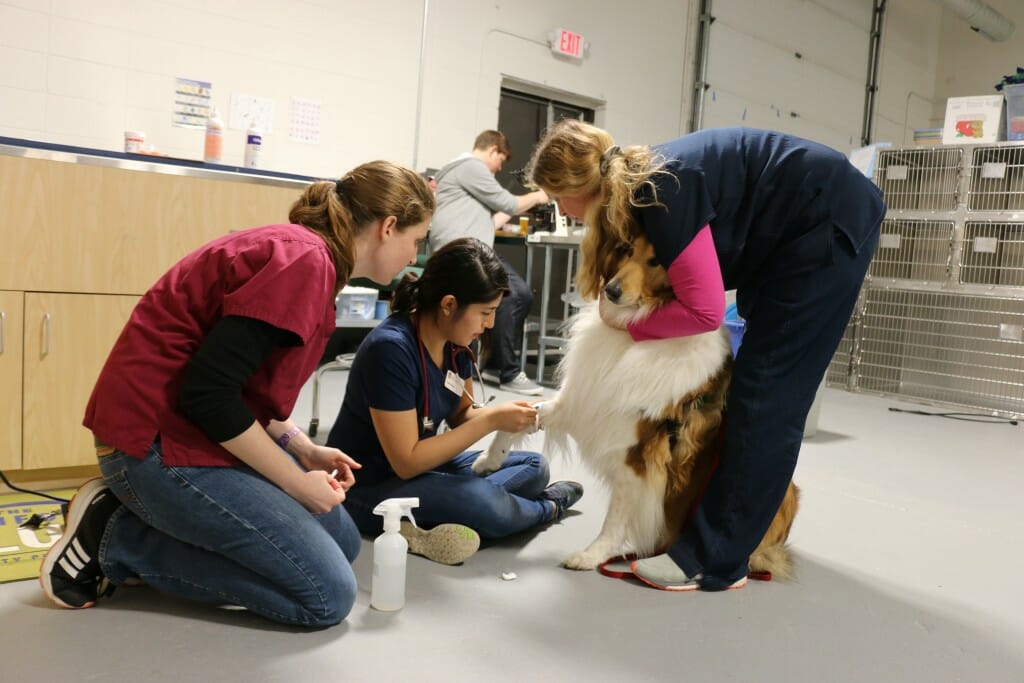Pandemic has altogether affected our buying habits as a country – most acceptably, the pet owner market. One-third youth of adults aged 24 to 35 now own a pet in their household for sure, according to a Covid-19 survey from Pet and food association and manufacturers. This rise in younger pet owners means futuristic largest segment of pet owners.
Visionaries, who turn 25-40 years old this year, are a generation known for their passion and interest for enduring products and their love of everything technology wise.

They are familiar with on-demand services – Amazon Prime, Netflix, and YouTube. They’re sharpest ones online than your baby boomer or generation X customer: they shop in a unique way, and they think differently.
So what trends will increase in pet-care as a generation like this splits with the world of pet ownership?
Humanization

One notable trend influencing the pet food scene is the following the ways of human food, with distributor working to match appearance, ingredients, odor, and even product names. Many providers now put greater prominence on ‘clean labels’ – sprinkling pet food wrapping with the latest health go to words: ‘seasonal’, ‘free-from’, ‘clean’ and ‘homemade’. The rise in humanization can be ascribe to the gap between human and pet food contracting; many owners now perceive the nutritional needs of their fleecy companions in a similar light to their own.
Health focus

Thanks to the ‘let me instagram it’ healthy eating movement that has swept across our nations, the food industry is now striving for a more minimally processed and natural ‘feel’. In light of that, it’s safe to assume pet prescription will be manufactured in an equally health-sentient way. On the other hand, purchasers want their pets to get involved in the most nutritious ingredients available – gone are the days of the fear merchant ‘bioengineered’ and ‘GMO’ foods. Brokers are even driving to add nutrient-dense super foods to the pet food mix. You can expect to have a soft spot for kale, chia, kelp, broccoli, apples, raw honey, and pumpkin filled ingredient lists. Pet nutrition will take on a more integrative role too – most particularly, dealing with the changes related to ageing. Processors will introduce alternatives to manage different aspects of pet health, serving for anti-inflammatory, subconscious, digestive, and skin nutrition.
Digital prescriptions

Younger generations buy many products on subscription. In fact, millennial drive the subscription model. You’ll already be aware of subscription services including meal subscriptions like Mindful Chef and Hello Fresh, to pretty much anything under the sun – coffee, socks, make-up – you name it, there’s probably a subscription for it. So it’s not surprising to see pet food subscriptions becoming more popular. Millennial value brands that add something to their lives, and a digital subscription saves time, money and serves an essential purpose – to feed their pet. Tails is a great example. They make every owner and their dog feel special by generating a meal plan specifically tailored to their pet’s requirements from ‘a million possible combinations’. They promise better digestion, skin and joint health through well-balanced vitamins and ingredients that target the pet’s health care needs. This is perfectly attuned to the millennial market. It’s digitally accessible, and they take individual pet health concerns seriously – they want the best for your dog.
Pet Owner’s education

Another important trend, not necessarily in a direct monetary sense but an obligation sense, is pet owner education. We already know many millennial bought a pet in lockdown to keep them company during social distancing and to improve mental wellbeing, but research conducted by The Kennel Club found that out of those buying or adopting a new dog in lockdown, one in four said they weren’t sure if their dog was from a puppy farm, and a fifth said they weren’t sure their new pet would fit into their pre-lockdown lifestyle. Brands have taken it upon themselves to educate this new generation of pet parents, including The Kennel Club, which launched #bepuppywise, which, as the title suggests, is a campaign focused on educating those wanting to buy a puppy. The campaign messaging is cut down to just three manageable steps to help inform hopeful puppy owners: first about finding the best breed for them, secondly how to spot a reputable breeder and lastly, how to care for them. There’s an opportunity here for all pet care brands to play their part in educating what could turn into a lifelong customer.

